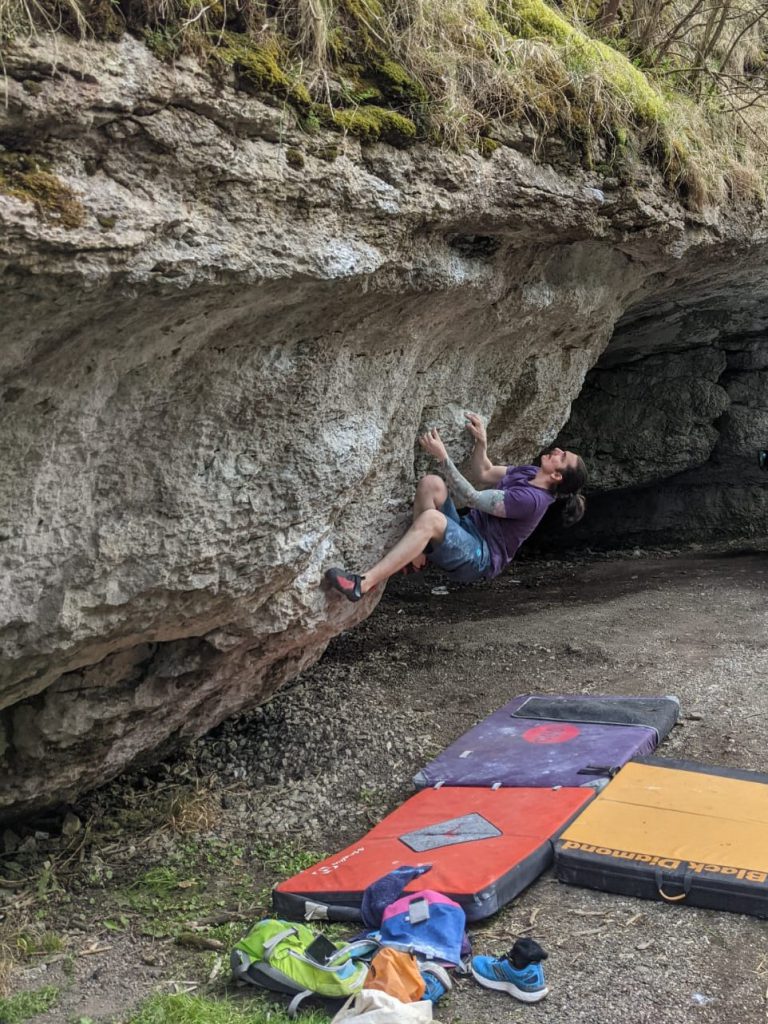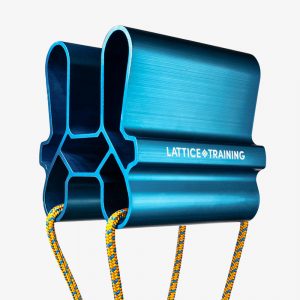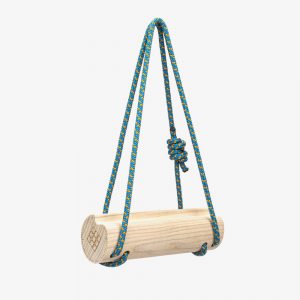Training Tips for Climbers: Secrets of the Recovery Process
Climbers LOVE to train and HATE to rest!
But recovery is a vital part of the training process – downtime lets our muscles repair and strengthen, our energy systems replenish and our nervous system reset. All of this is essential to accessing our top percentage of ability, so how do we prioritise recovery to optimise performance?
1- Sleep: The secret weapon of the athlete!
Time is limited for us all. Balancing commitment to a sport with a busy work and home life can be difficult, leaving us feeling that cutting sleep short to be awake an extra hour or two is a good decision.
Numerous studies relate sleep length and quality not just to physical outcomes, but to cognitive performances as well. Good climbing performances require an optimum blend of both, so prioritising sleep to spend that extra time in bed is a no brainer!
2- Fuelling: Keep that engine running!
Body weight is a contentious issue in climbing, and the desire to “stay light” can lead to athletes eating too little to support the high volume of training they undertake week in and week out.
Keep a food diary, and a training diary. Being able to compare the two and reflect on the quality of your training sessions and general energy levels will give you a great platform from which to learn what works best for you, and in avoiding underfuelling.

3- Active Rest – Is it?
Active rest definitely has a place in a structured training cycle, but where athletes often fall down on this one is crowbarring their “other” sport/training into a rest day, using a much higher intensity than desired. This causes a build-up of systemic fatigue that prevents your central nervous system from being able to recover, regardless of the muscle groups being used.
A well planned, individual training plan will take into account and plan for an athlete’s other hobbies or sports, while still making sure there are adequate rest days – active and passive! – to promote recovery.






